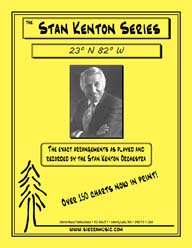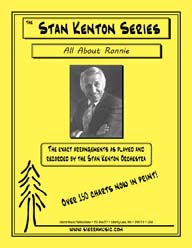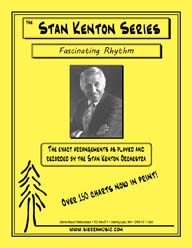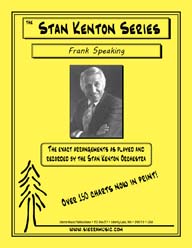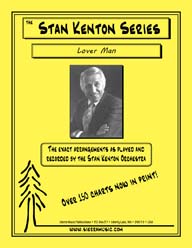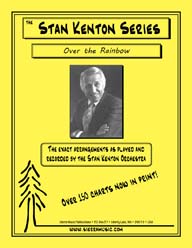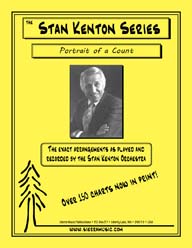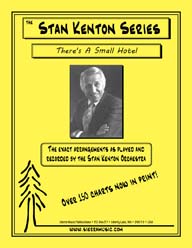Russo, Bill
Russo was born in Chicago in 1928, studied the trombone, and became one of the first students of pianist Lennie Tristano. Pete Rugolo heard Russo's big band in 1948, was impressed with his compositions and encouraged him. In 1950, Russo played trombone and wrote for the Stan Kenton Innovations Orchestra. He later wrote several influential pieces for Kenton such as '23 Degrees North, 82 Degrees West,' 'Frank Speaking,' 'Portrait of a Count,' and 'Theme of Four Values.' After composition study with John J. Becker, Russo formed an orchestra which in effect broke the ensemble into two combos that interacted; this ensemble included saxophones, brass, rhythm and four cellos. He taught at the Manhattan School of Music in the early 1960s, and then went to England to lead his own ensemble there, teaching many musicians who would become quite influential in European Jazz. When he returned to the U.S., Russo taught at Columbia College and formed the Chicago Jazz Ensemble. He also wrote several important books on composition; his students include John Barry, Richard Peaslee and W.A. Mathieu.
Russo's compositions include several operas, 'Three Pieces for Blues Band and Symphony Orchestra,' 'Street Music, A Blues Concerto,' and two symphonies; the 2nd was commissioned by Leonard Bernstein and was first performed by the New York Philharmonic with Maynard Ferguson added as trumpet soloist. Russo died in 2003.
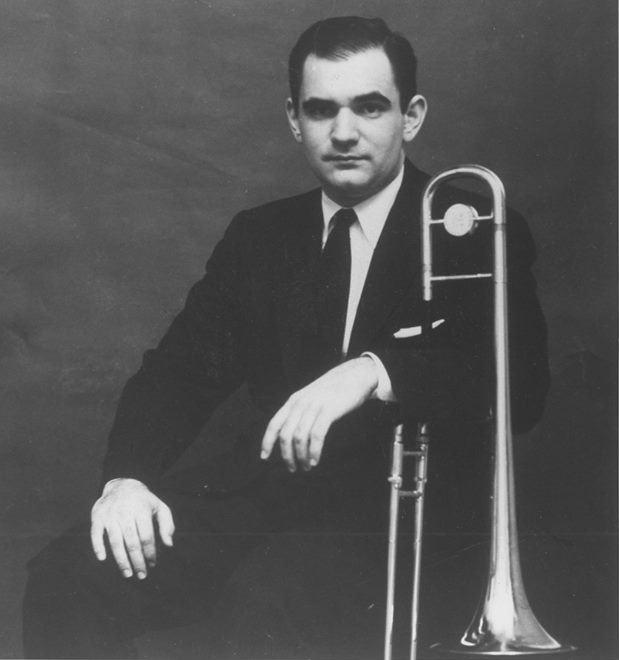
23 DEGREES NORTH 82 DEGREES WEST
Recorded by Stan Kenton
Jazz Big Band Arrangement
Sierra Music
SMP-530
$60.00
Recorded by Chris Conner with Stan Kenton
Jazz Big Band Arrangement with Vocal
Sierra Music
SMP-1032
$50.00

